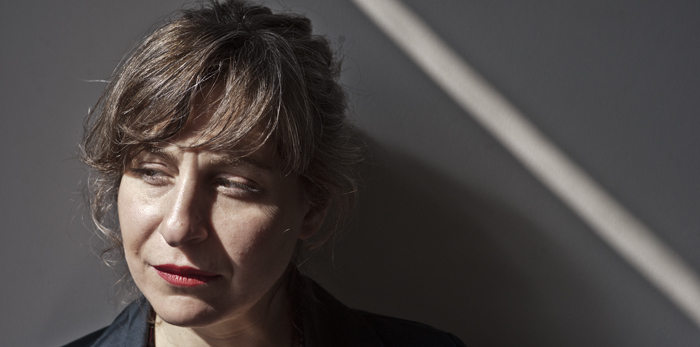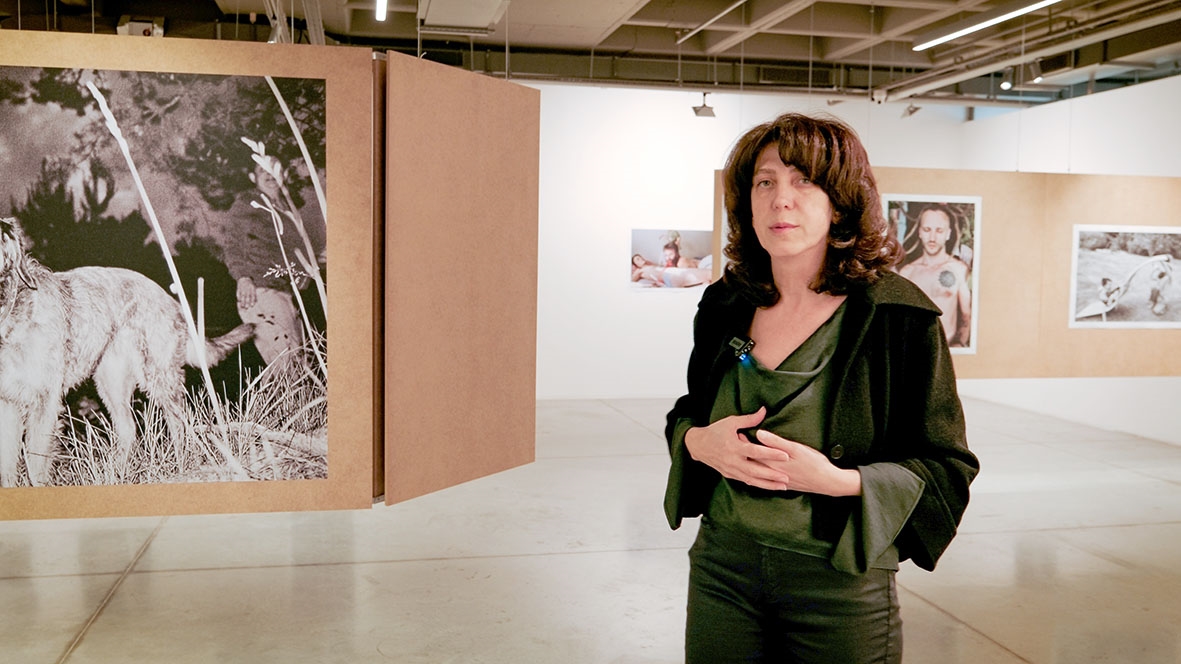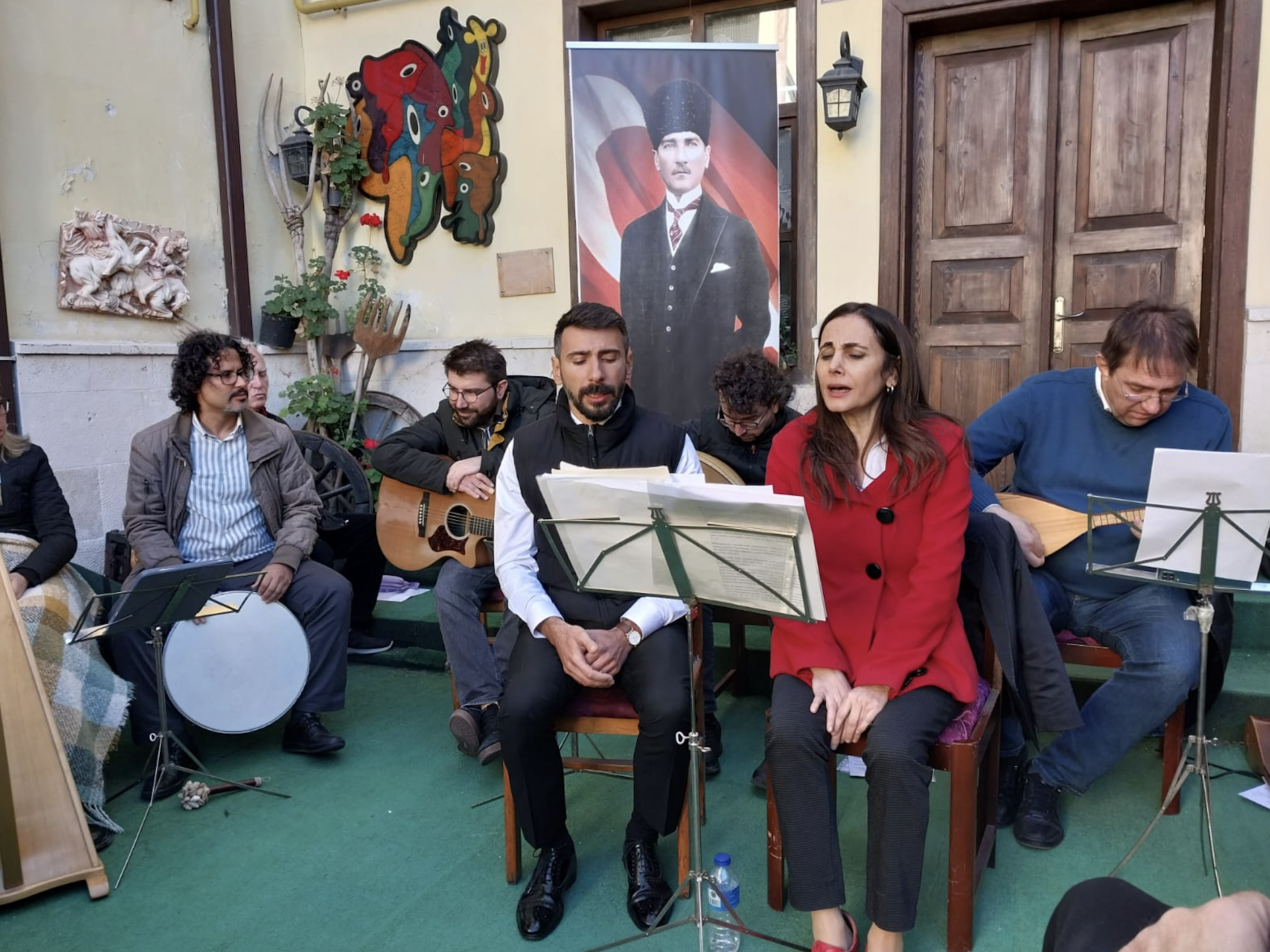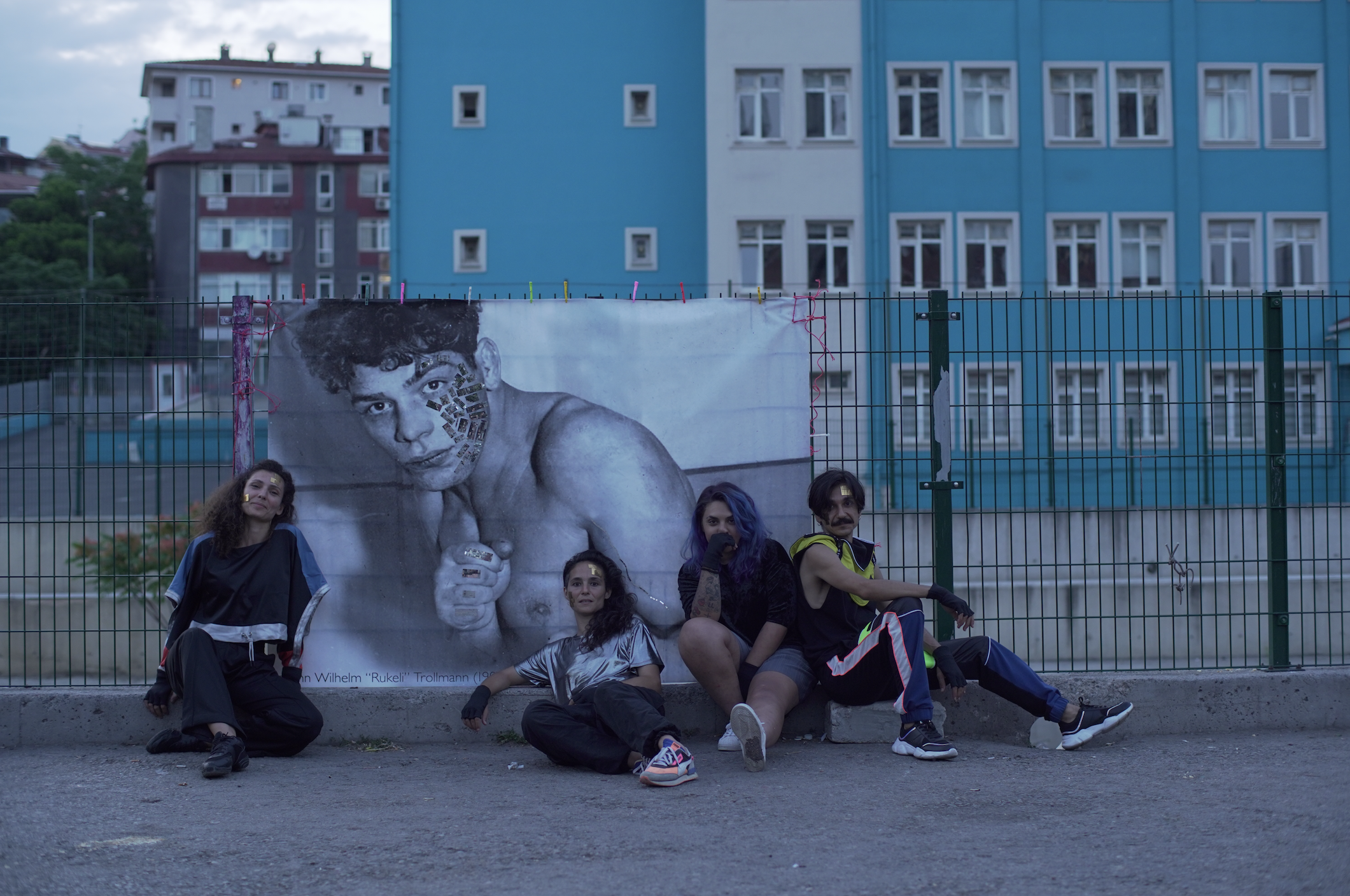Eileen Khatchadourian, who achieved great popularity with her first album ‘Midan’ published in 2007, was also one of the most talked about artists of the ‘In Memoriam April 24’ concert.
The artist, one of the most popular singers in the Diaspora, is also nominated in the ‘Best Vocalist of the Armenian Diaspora’ category at the World Armenian Entertainment Awards that will be held in May in the USA. The Lebanese musician performed three songs at the concert and her interpretation of ‘Der Voğormya’ was one of the most outstanding performances of the night. Although the great majority of her songs are in Armenian, Eileen Khatchadourian also has a large following of music lovers who do not speak Armenian. She answered the questions of Agos before the concert she described as a source of “indescribable excitement” for her.
What are your feelings about this concert?
I feel hundred percent Lebanese and hundred percent Armenian. In other words, I am a Diaspora Armenian. To be in Turkey for this concert has awakened very complex feelings. I am very excited, I am experiencing joy and sadness at the same time. Coming here is an act of courage on my behalf, but the courage that is really worth admiring is that of those who organized this concert. I would have never thought that I would one day come to Turkey and sing in Armenian. To be frank, many people I know did not like the idea of me coming to Turkey, some said, “What have you got to do there?” I am here, because first and foremost, this concert has great symbolic significance. I also believe that this concert will expand horizons; if we want to reach a certain point, we first have to create the means for dialogue. I think that this concert gives an important message to the world, and especially to Armenians, because Armenians have to realize the importance of creating means for dialogue.
Could you tell us about the important stages in your musical career?
My first album titled ‘Midan’ was published in 2007. The inspiration for its title comes from the phrase ‘Midan meç’, meaning ‘within the same house’. We interpret Armenian folk melodies with a rock sound. ‘Midan’ won the ‘Best Rock Album’ award at the Armenian Music Awards held in Los Angeles in 2009. I was surprised, because there were some very strong candidates in the same category that year. In 2010, the music video we shot for the song ‘Zartir Vortyag’ was banned by the state in Lebanon. Nevertheless, the video received great attention on the Internet. When I asked official authorities about the reason of the ban, they said it was to prevent tension between Turkey and Lebanon. There was nothing out of the ordinary in the music video. What’s more, does the future of the relations between two countries depend on my music video? We found the ban very strange to be honest.
Your second album ‘Titernig’ features electronic arrangements rather than rock. How did the transformation take place?
In 2010, I played the role of a singer in a film by the Italian director Fabrizio Rosetti. It was a very beautiful experience; I also met Sandro Mussida then, the musician who composed the soundtrack of the film whom I collaborate with at the moment. I liked Mussida’s approach very much. So we extended our collaboration, and in early began to work on the album ‘Titernig’. The same year, I travelled to India to focus on Indian music; and there I met Francesco Fabris. He was the one who added the electronic melodies to my music. When I became involved with electronic music, I wanted to forget rock completely, because I have nothing new to contribute there anymore. The name ‘Titernig’ (Butterfly) was chosen because of the fleeting nature of the album, it travels from one point to the next. A butterfly wanders constantly, it never settles in one place, and it only rests in beautiful places. One aspect of this album that makes me very happy is that four out of nine songs are my own compositions. The words and music of ‘Titernig’ belong to Rafi Vartanyan, and its music video was published in April.





